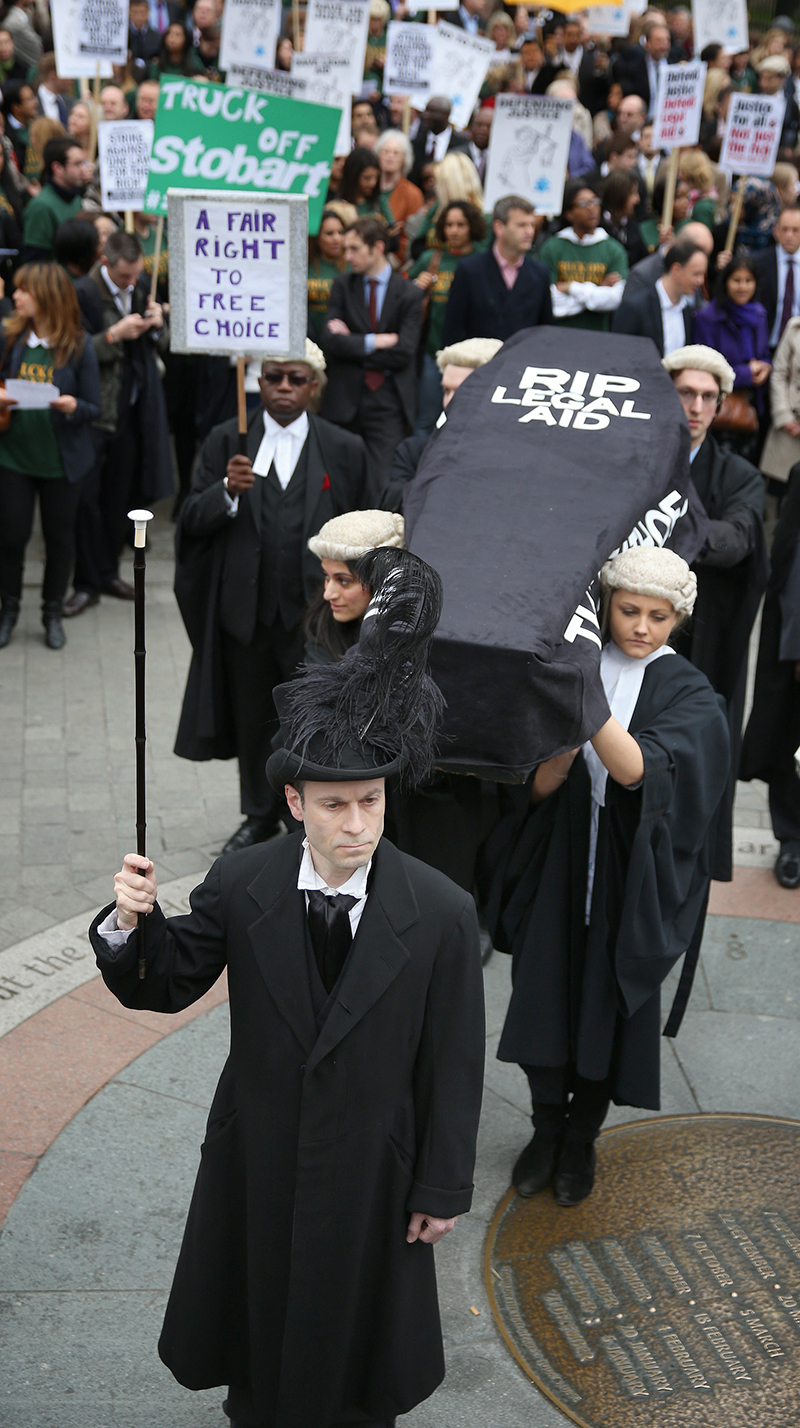
David Greene takes issue with excessive & ineffective political grandstanding
Lawyers are not the most popular band of professionals. Certainly from a politician’s point of view, much easier to blame greedy lawyers for the ills of society than portray them as the upholders of the rule of law, human rights and the justice process.
The issues in relation to legal aid betray the easy criticism that lawyers are simply looking to line their pockets at public expense. This is of course far from the truth with legal aid practitioners working at rates and returns which place substantial economic burden on them to maintain practice.
For lawyers it is not an easy sell. The fact is that if rights are to be effective then it has to be in the economic interests of someone to pursue them. If it makes no economic sense for a lawyer to represent clients, they will not do so. There are many examples in recent years in which legislation is invoked without consideration of how it is actually going to









